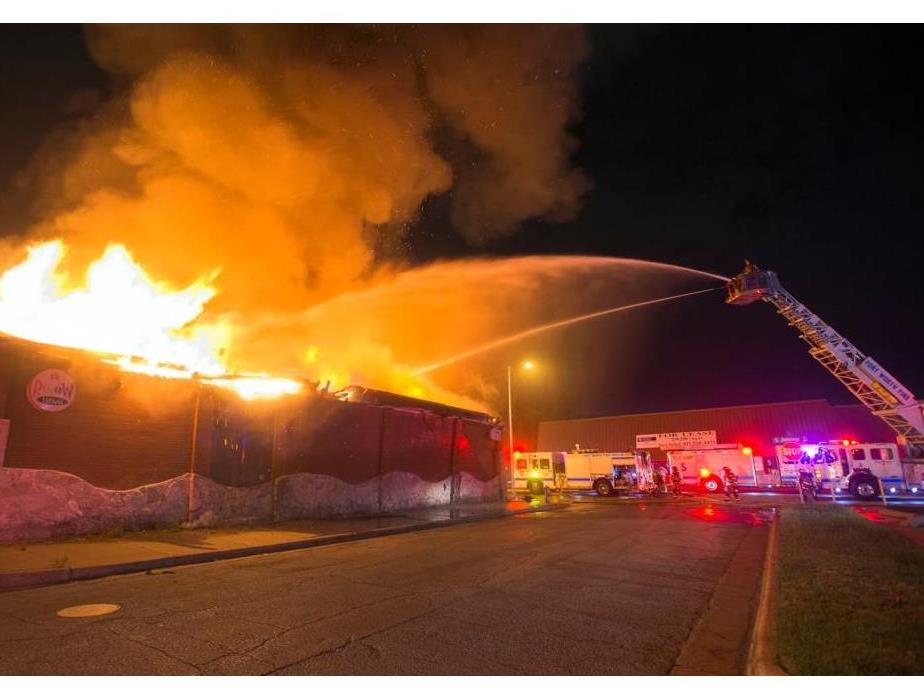How to Prevent Fires at Your Business
10/30/2019 (Permalink)
How to Prevent Fires at Your Business
- OCTOBER 2019
October is National Fire Prevention Month, and there are many simple, common-sense tips to keep your business, employees and clients safe. Below are some important easily-followed pointers that can make all the difference:
- Ensure that you have the correct number of smoke detectors in the correct areas based on your property size and area use.
- Make sure all smoke detectors have working batteries, and the batteries are tested regularly.
- Areas around electrical equipment should be clear of paper, fabric or any flammable materials.
- Make sure your mechanical systems are in proper working order to prevent fires. Heaters and air conditioning equipment should be working properly, with temperatures set correctly.
- Many fires that happen after regular business hours can be prevented by a well-managed and carefully supervised closing time self-inspection program.
- Are automatic sprinkler control valves open?
- Are fire alarms and security alarms in full operation?
- In general, make sure cigarettes and matches are extinguished in all areas of the building if applicable in your state, that trash has been removed from the building each night, any flammable liquids are properly stored in metal cabinets, and that all heat producing devices, including coffee pots, are turned off.
- Major appliances (refrigerators, dryers, washers, stoves, air conditioners, microwave ovens, etc.) should be plugged directly into a wall receptacle outlet. Extension cords and plug strips should not be used.
- Fires can start when heat builds up near things that burn. This can happen when a hot light bulb is near things that burn, such as cloth or paper, or a cord has been placed under a carpet.
- Remember, have all electrical work done by a qualified electrician, including electrical inspections. Extension cords are intended for temporary use. Have a qualified electrician add more receptacle outlets so you don’t have to use extension cords.
- Call a qualified electrician or your landlord if you have:
- Frequent problems with blowing fuses or tripping circuit breakers
- A tingling feeling when you touch an electrical appliance
- Discolored or warm wall outlets
- A burning or rubbery smell coming from an appliance
- Flickering or dimming lights
- Sparks from an outlet






 24/7 Emergency Service
24/7 Emergency Service
